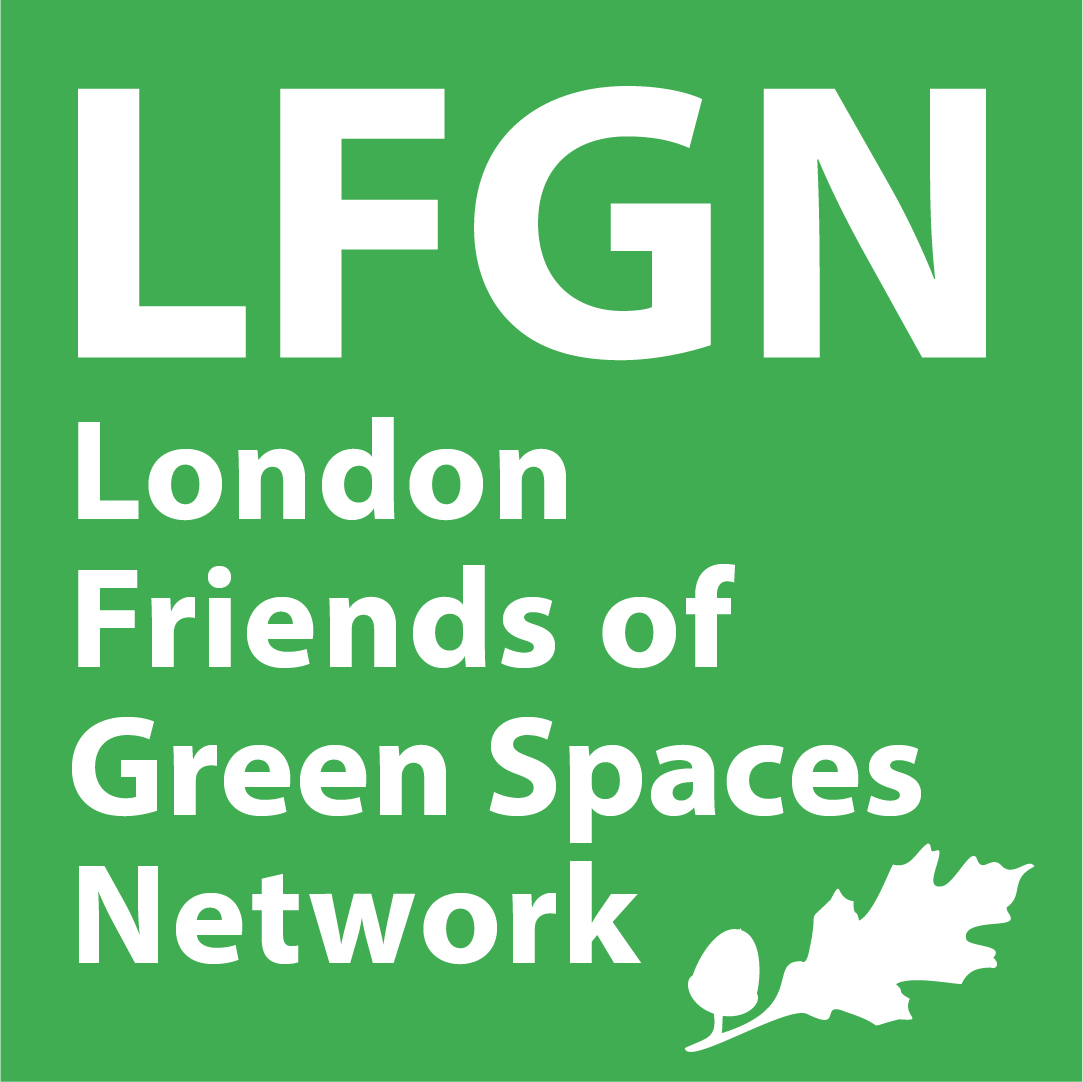The People and Nature Survey for England: Adult Data Y1Q1 (April – June 2020) (Experimental Statistics)
Updated 30 September 2020
1. Main findings
The People and Nature Survey for England, led by Natural England, is one of the main sources of data on how people experience and think about the environment. The first full data-set containing results for all survey questions collected between April and June 2020 is available alongside this report.
To accompany the release of the data-set, Natural England has conducted analysis of some of the survey questions. To enable timely release of the data, not all of the questions have been fully analysed and we welcome collaboration, sharing of analysis, and feedback from users of the data via the User Hub.
- During April to June some adults in England were getting outside more often than usual with 40% of adults reporting that they had spent more time outside since the coronavirus restrictions began and 31% were exercising more in outdoor spaces. Over these three months, 58% of the adult population had visited a natural space in last 14 days (although there was month-to-month variation with visits increasing as lockdown restrictions eased – as shown in the monthly releases).
- In comparison, some adults were not getting outside very often (if at all) with one in three (35%) not visiting a natural space in the last 14 days and one in five adults (21%) not having visited in the last month. The number of people visiting natural spaces this spring is lower than would be expected considering long-term trends identified by the MENE survey.
- Socio-economic status is related to access to natural spaces – you are less likely to have visited a natural space in last 14 days if you are living in an area of high deprivation, have a low income, have a low level of education, or are not working.
- Older people, people from minority ethnic groups, those with a long-term illness or condition, and those without children are less likely to have visited a natural space in the last 14 days.
- There are also regional differences, with 64% of adults who live in the North East visiting in last 14 days (highest) compared to 52% who live in the West Midlands (lowest).
- There is some evidence that COVID-19 has exacerbated existing inequalities in access to natural space. When we compare respondents’ own estimates of how often they visit natural spaces on average over 12 months and how often they actually visited this spring, we find larger differences for low income groups, for those with lower levels of education, and for those living in the most deprived areas.
- Between April and June, of those who had not visited a natural space in the last 14 days, “staying at home to stop coronavirus spreading / Government restrictions” was the most cited reason (67% of responses). Key worries and concerns for those not getting outside were: contracting or spreading coronavirus, anti-social behaviour, and lack of facilities.
- In total, 85% of adults reported that being in nature makes them happy and this was consistent across different population groups. Those who had visited a natural space in the last 7 days reported being happier than those who hadn’t.
- The main reasons people visited natural spaces were for fresh air, physical and mental health, and to connect with wildlife/nature.
- With so many people not getting out into public natural spaces during COVID-19, private gardens were, for some, their main access to nature. However, nearly three times as many (16%) adults living in poverty don’t have access to any shared or private outdoor space, compared to only 6% of adults living in households with an income above £50,000 a year.
- Environmental issues were ranked as the third most important issue facing the United Kingdom during April to June, behind ‘health / NHS/ Coronavirus’ and the economy, but above ‘EU/Europe’ and unemployment. The large majority of adults in England (86%) reported that protection of the environment is important to them.
- Plastic pollution, climate change, and ‘the decline or extinction of animal and plant life’ were the 3 environmental issues of the most concern to English adults. Nearly three quarters (73%) were concerned about the consequences of a loss of variety of plant and animal life in England.
- Over April to June, the majority of the public reported some environmental behaviour change. Over two thirds (69%) of adults reduced the amount they drove or travelled by car this spring and 38% reduced their food waste.

